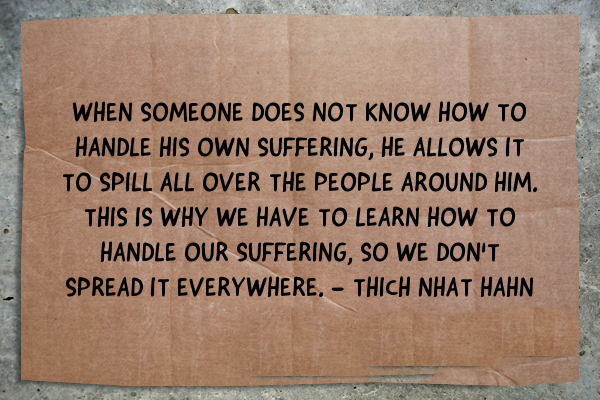2016 has been a rough year for many reasons, namely, the election shocker that shook many of us to our core (and that continues to inspire fear and dread), and the innumerable deaths of so many of our beloved entertainers. While there is much to grieve, there are also some good things that have happened this year… right…? Come on, really think about it folks, something good that happened in 2016, something good, something good… find one yet!? Ok, this may be more of a challenge than you’re needing right now… I’ll start: I’ve read a lot of great books this year!
I am finding myself eager to share some of the insights and wisdom I’ve taken in, so I am creating new feature on my blog, inspired by my childhood hobby of writing book reports, called The Book Report. I’ll be highlighting some of the central tenets and ideas articulated in my recent reads. These posts are not intended to take the place of actually reading the books, but they will hopefully give the reader a taste of what each book is about, and how it can help on the journey of self discovery.
Some of my favorites from this past year include Children of the Self-Absorbed: A Grown-Up’s Guide to Getting Over Narcissistic Parents by Nina Brown, How To Be An Adult by David Richo, The Body Keeps The Score by Besel Van der Kolk, and Will I Ever Be Good Enough? by Karyl McBride.
Most recently, I turned the final page on Thich Nhat Hahn’s book Anger. In this national bestseller, the Vietnamese Buddhist monk shares how to work with one’s own experience of anger using the technique of mindfulness.
The emphasis in this book is on responsibly taking care of your own anger; taking full ownership of your anger. Through the practice of breathing mindfully and walking mindfully, Hahn says, we are able to generate a powerful internal force that is capable of holding the challenging and often overwhelming emotion of anger. If we can embrace anger with tenderness, we can begin to differentiate between being the anger, and being the one who is experiencing the anger. Additionally, through mindfulness, we can cultivate a focused curiosity that can serve us to better understand the roots of our anger; often either wrong perception or lack of skillfulness.
Essentially, mindfulness helps us to recognize our anger, to embrace it, and through our internal inquiry, to understand and therefore transform it.
“The greatest relief comes from understanding.”
Hahn gives insight on how the ‘habit energy’ of anger often gets transmitted from parent to child and shares examples of how using mindfulness and connecting to the wounded inner child can help upend those familial legacies. He also gives the reader language for how to approach a loved one while working through the experience of anger, as well as basic tips for staying in a psychological space of appreciation, kindness and love, which include the following:
- Writing your own Heart Sutra to your beloved when you find yourself experiencing gratitude and appreciation for your loved one, and reciting it daily
- Taking time away from your loved one, so that you can foster appreciation for him/her
- Giving a gift when you are angry
- Practicing deep listening
I would highly recommend this book to anyone who has found their anger to be a destructive force in their life, and particularly in their relationships. Here is a link to the full book in PDF format.

